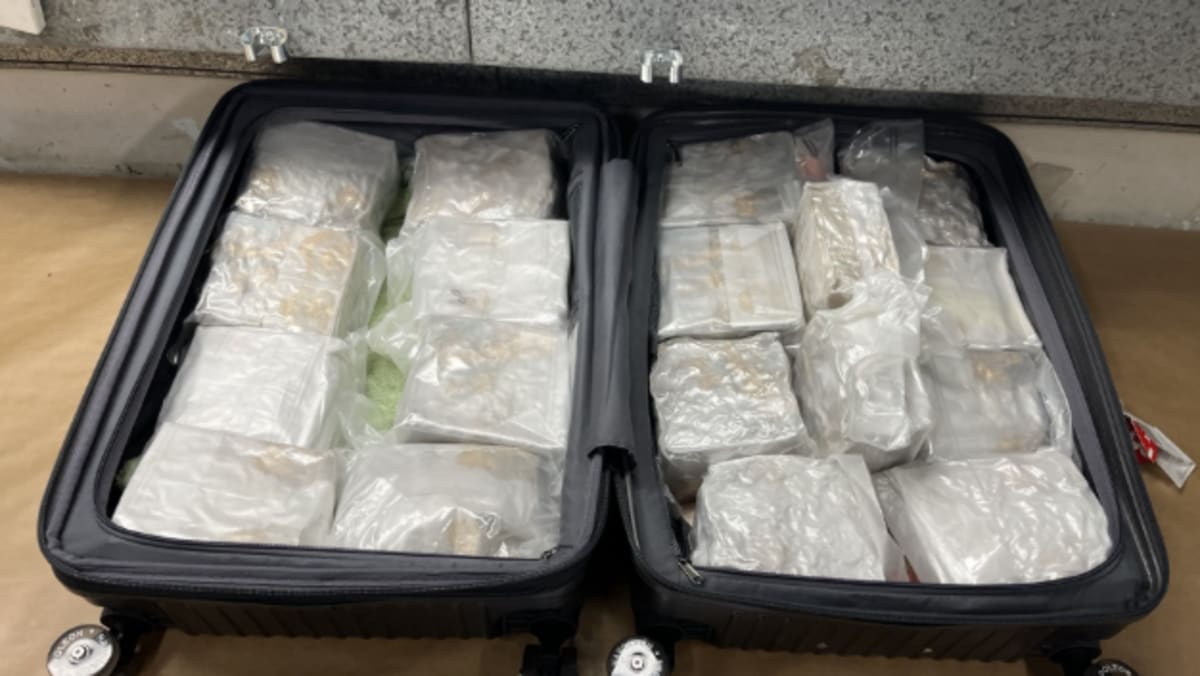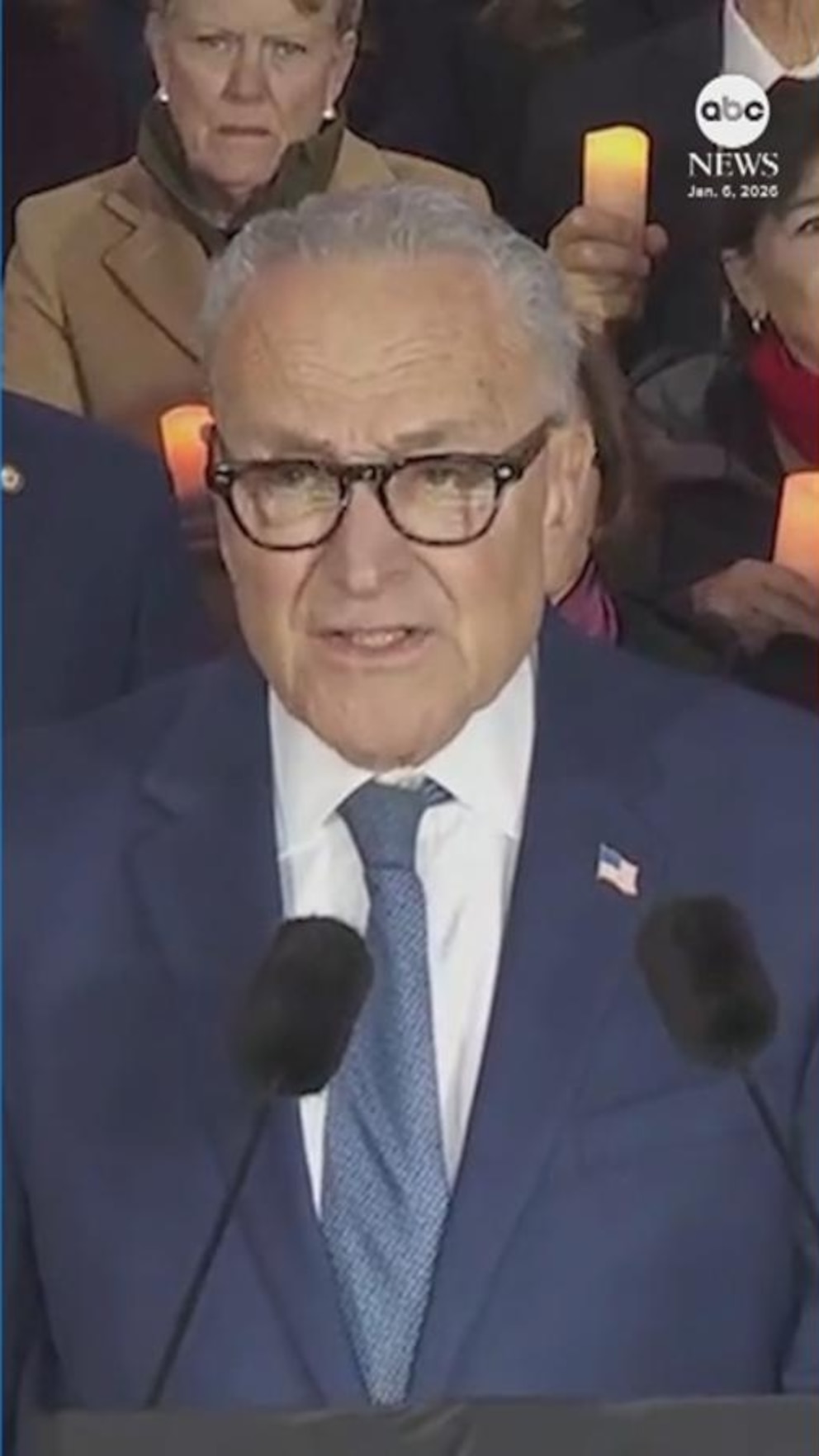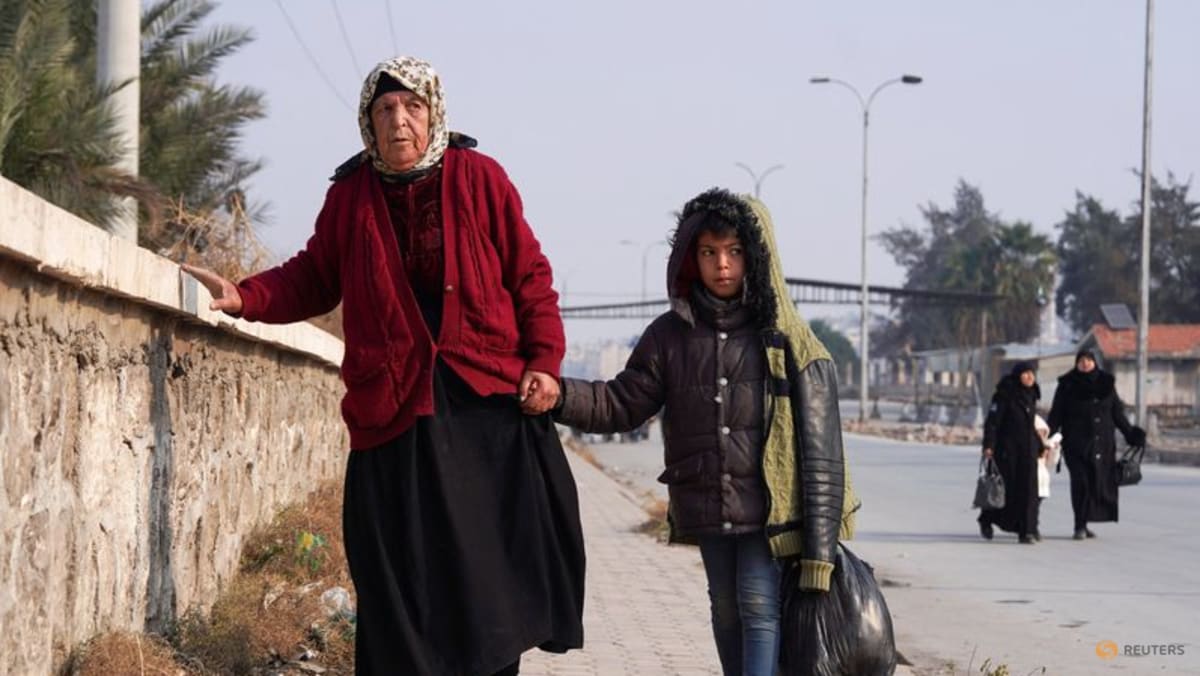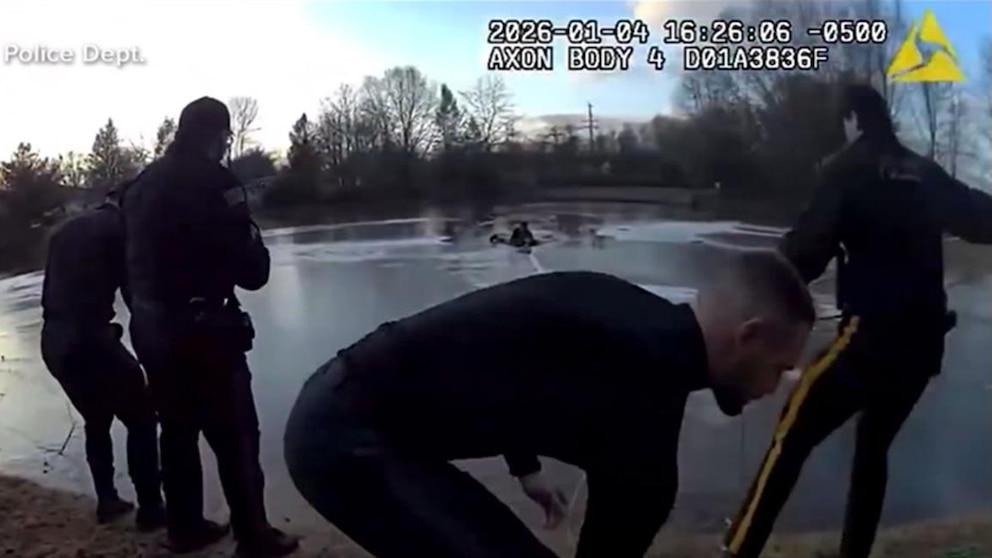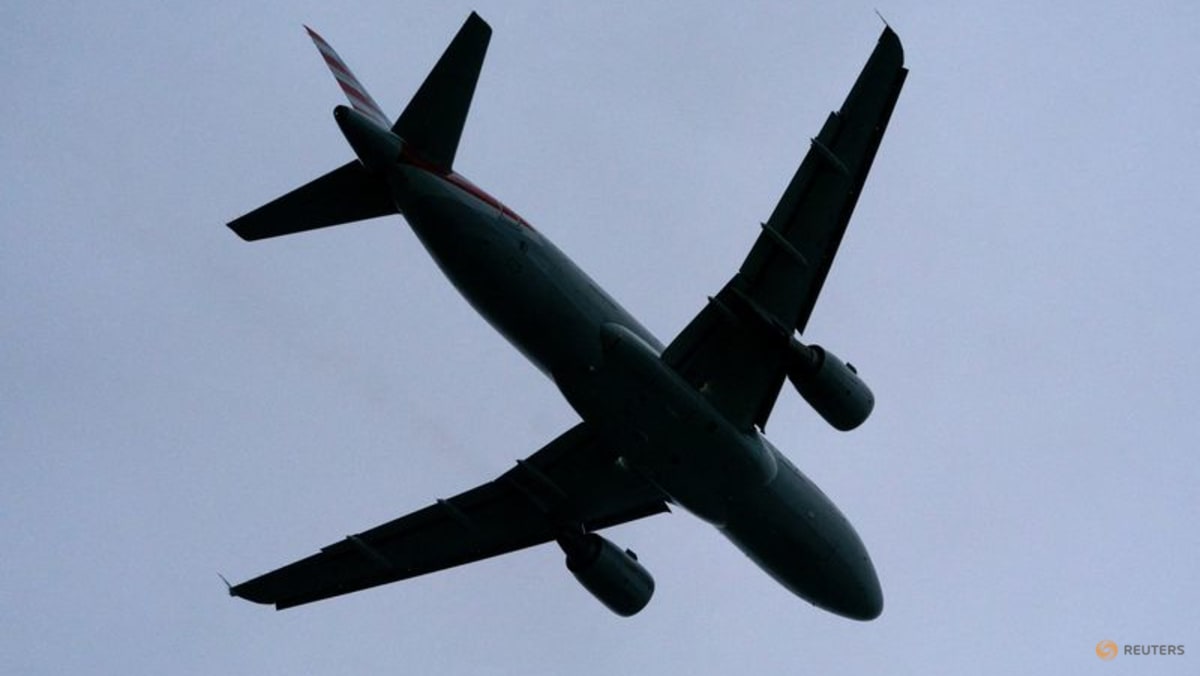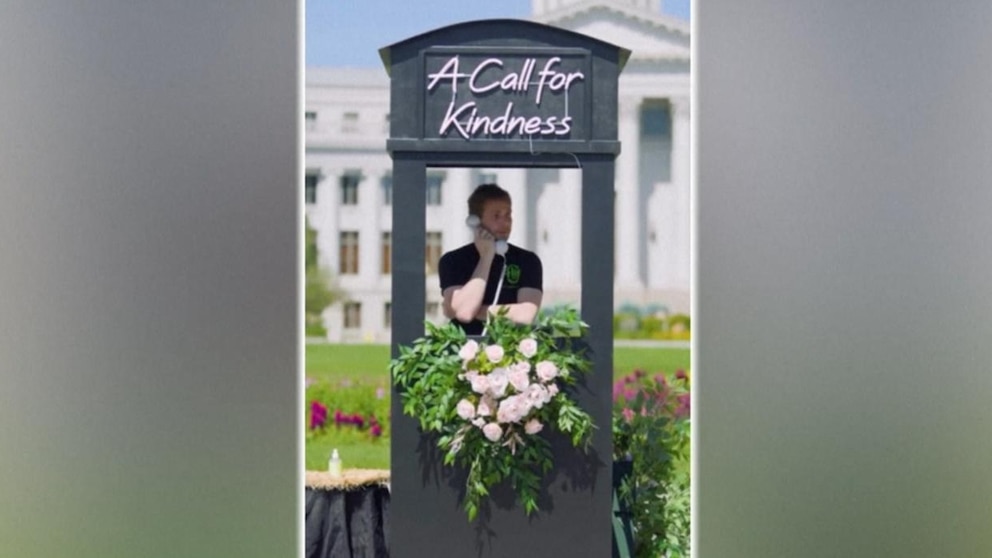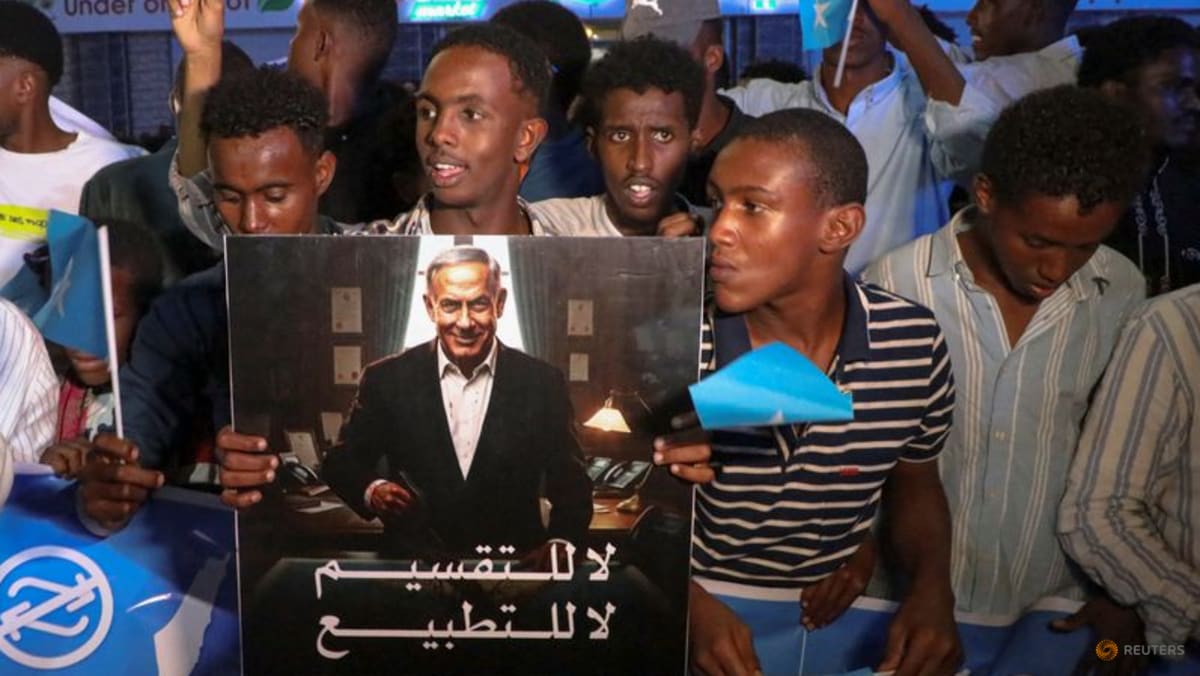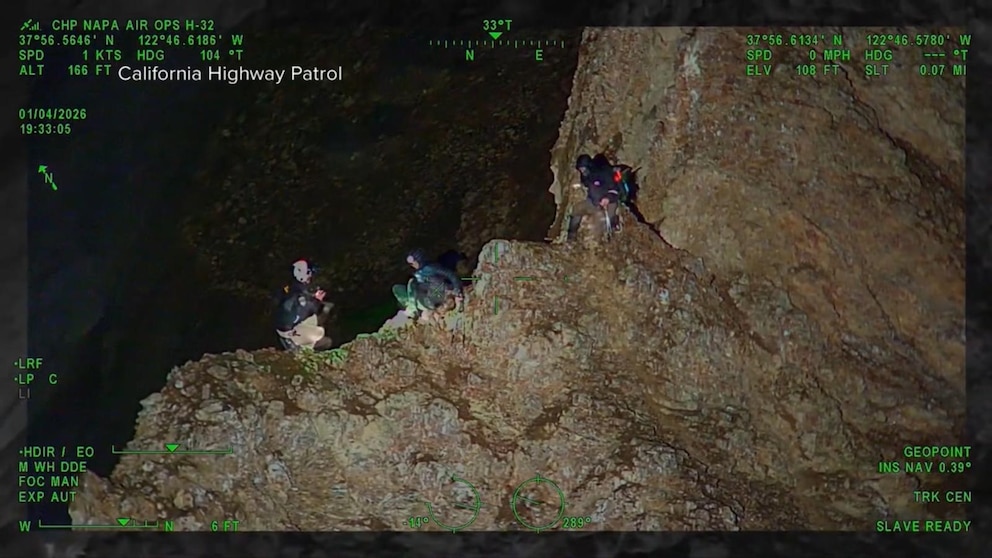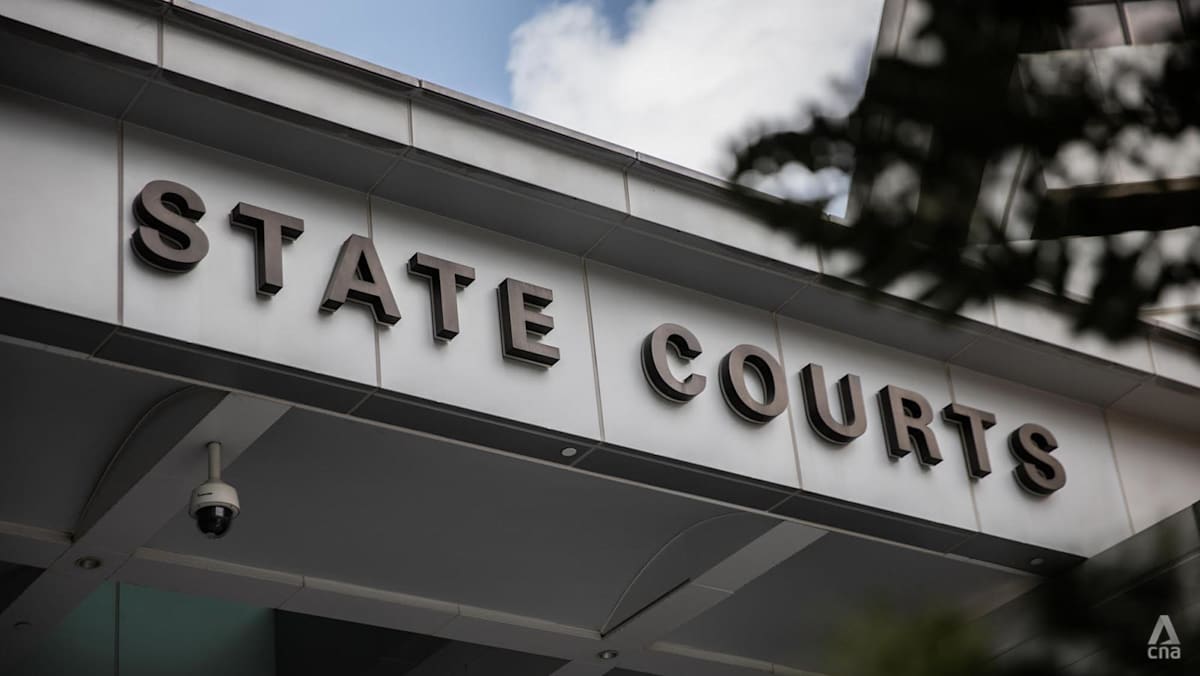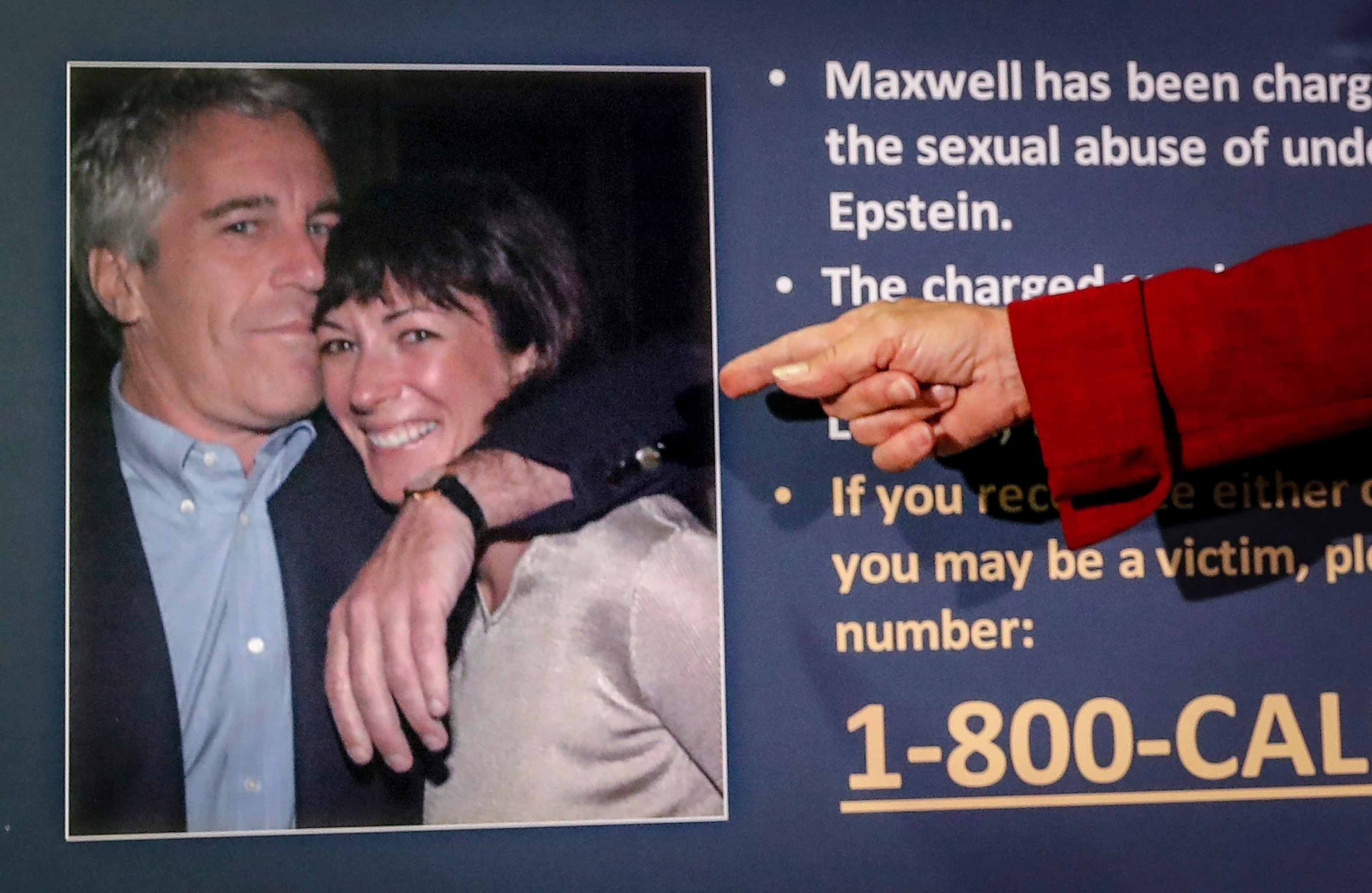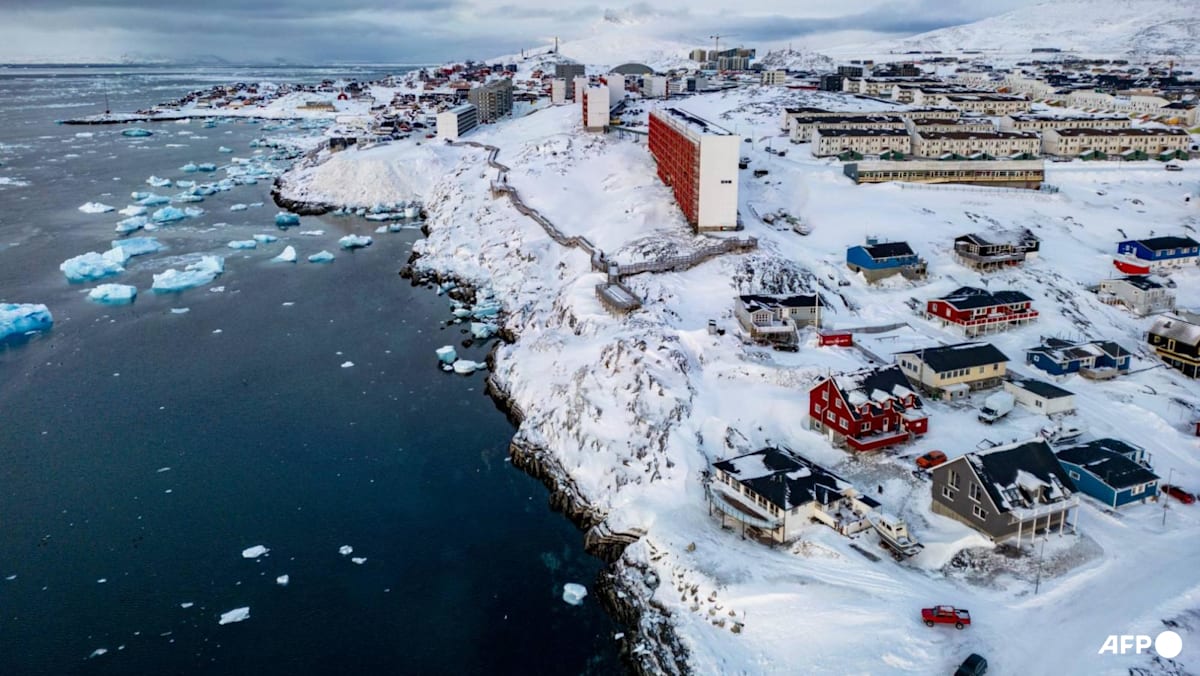Israel poised to expand Lebanon strike campaign against Hezbollah

LONDON — The Israeli military was preparing to expand strikes across Lebanon early on Monday, as the long-simmering border conflict with Hezbollah threatened to explode into a larger war.
Israel Defense Forces spokesperson Rear Adm. Daniel Hagari said in a statement that more Israeli strikes were planned against Hezbollah “terrorist infrastructure” in the border region and elsewhere.
“Shortly, the IDF will engage in extensive, precise strikes, against terror targets which have been embedded widely throughout Lebanon,” Hagari said early Monday.
“We advise civilians from Lebanese villages located in and next to buildings and areas used by Hezbollah for military purposes, such as those used to store weapons, to immediately move out of harm’s way for their own safety.”
Dozens of Israeli warplanes struck at least 150 targets in southern Lebanon on Monday morning shortly after Hagari’s warning. Lebanon’s Health Ministry said at least one person was killed and 20 injured in the ongoing strikes.
An Israeli jet is pictured from northern Israel on Sept. 23, 2024 amid cross-border hostilities with Hezbollah.
Jim Urquhart/Reuters
Israeli Foreign Minister Israel Katz said in a social media post that Israel “will act with full force” to change the current situation in southern Lebanon.
Hezbollah leader Hassan Nasrallah, Katz said, “has taken the people of Lebanon hostage, placing missiles and weapons in their homes and villages to threaten Israel’s civilians.”
“This is a clear war crime,” Katz said. “We will not accept this reality.”
“The people of Lebanon must evacuate any home turned into a Hezbollah outpost to avoid harm,” Katz continued. “We will not stop until the threat is removed from Israel’s citizens and the residents of the north return safely to their homes.”
Thousands of Lebanese cell phone users received a text message from the IDF on Monday, warning: “If you are in a building where Hezbollah weapons are located, stay away from the village until further notice.” Similar messages were issued over Lebanese radio.
The fresh Israeli warnings come after a weekend of intense cross-border fire, with rockets, missiles and drones launched into Israel by Hezbollah met with Israeli airstrikes across southern Lebanon.
Fighting between the IDF and Hezbollah has been constant since Oct. 8, when the Iranian-backed militant group began attacks into Israel in protest of the Israeli invasion of the Gaza Strip targeting Hamas. Hezbollah has said it will continue its attacks until Israeli forces withdraw from the Palestinian territory.
Tens of thousands of Israelis fled border regions under Hezbollah fire since the fighting began. Their return is a priority for Prime Minister Benjamin Netanyahu and his government.
“We will take whatever action is necessary to restore security and to bring our people safe back to their homes,” Netanyahu said on Sunday.

Fighters of the Lebanese Shia movement Hezbollah attend the funeral of top military commander Ibrahim Aqil in Beirut’s southern suburbs on Sept. 22, 2024.
-/AFP via Getty Images
Israeli leaders are also demanding that Hezbollah withdraw beyond the Litani River — some 18 miles north of the Israeli border — as stipulated in a 2006 United Nations Security Council resolution that sought to end the last major cross-border war.
“If the world does not withdraw Hezbollah north of Litani in accordance with Resolution 1701 — Israel will do so,” Katz said on Sunday.
The conflict intensified last week with Israel’s detonation of Hezbollah communication devices in Lebanon and Syria, which Nasrallah described as an “unprecedented blow” for the group.
Two consecutive days of explosions — which killed at least 37 people and wounded 2,931, according to Lebanese Health Minister Firass Abiad — were followed by the killing of Hezbollah operations chief Ibrahim Aqil and 14 other members in a Beirut airstrike.
The bombing in the Hezbollah-aligned Dahiya suburb killed at least 45 people, according to the Lebanese Health Ministry. The dead included at least three children — aged 4, 6 and 10 — and seven women, the ministry said. Dozens more people were wounded.
Hezbollah leaders said they would continue their operations despite last week’s setbacks.
Deputy Secretary General Naim Qasem spoke at Aqil’s funeral in Beirut on Sunday, telling hundreds of mourners that the conflict has now entered “a new phase” which he called an “open-ended battle of reckoning”.
“Threats won’t stop us, and we don’t fear the most dangerous possibilities,” he continued. “We are ready to face all military scenarios.”
Israeli communities in the north of the country are braced for further escalation. The IDF issued new security guidance on Sunday closing schools and beaches in the region, while the Rambam Hospital in Haifa transferred patients to an underground facility.

People walk at a beach as smoke billows over southern Lebanon following Israeli strikes amid ongoing cross-border hostilities with Hezbollah, as seen from Tyre, southern Lebanon on Sept. 23, 2024.
Aziz Taher/Reuters
This weekend, the State Department reissued its level 4 “do not travel” warning for Lebanon, noting “recent explosions throughout Lebanon, including Beirut.”
The Department’s July warning for American citizens to “depart Lebanon while commercial options still remain available” is unchanged. “At this time, commercial flights are available, but at reduced capacity,” the advisory said.
“If the security situation worsens, commercial options to depart may become unavailable.”
Defense Secretary Lloyd Austin “reaffirmed the United States’ commitment to Israel’s right to defend itself and stressed the importance of achieving a diplomatic solution to return citizens to their homes in the north” in a Sunday phone call with Israeli counterpart Yoav Gallant, per a Pentagon readout.
Austin also “emphasized his concern for the safety and security of U.S. citizens in the region,” the Pentagon said.
ABC News’ Dana Savir, Ghazi Balkiz and Joe Simonetti contributed to this report.
Source: abc news




